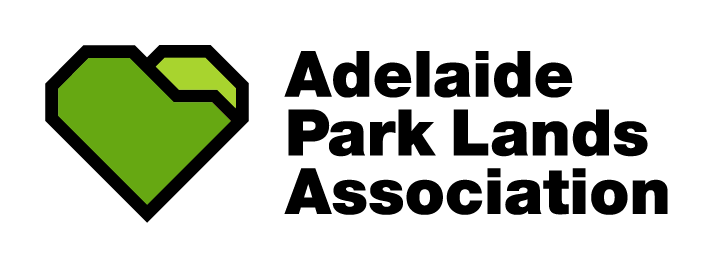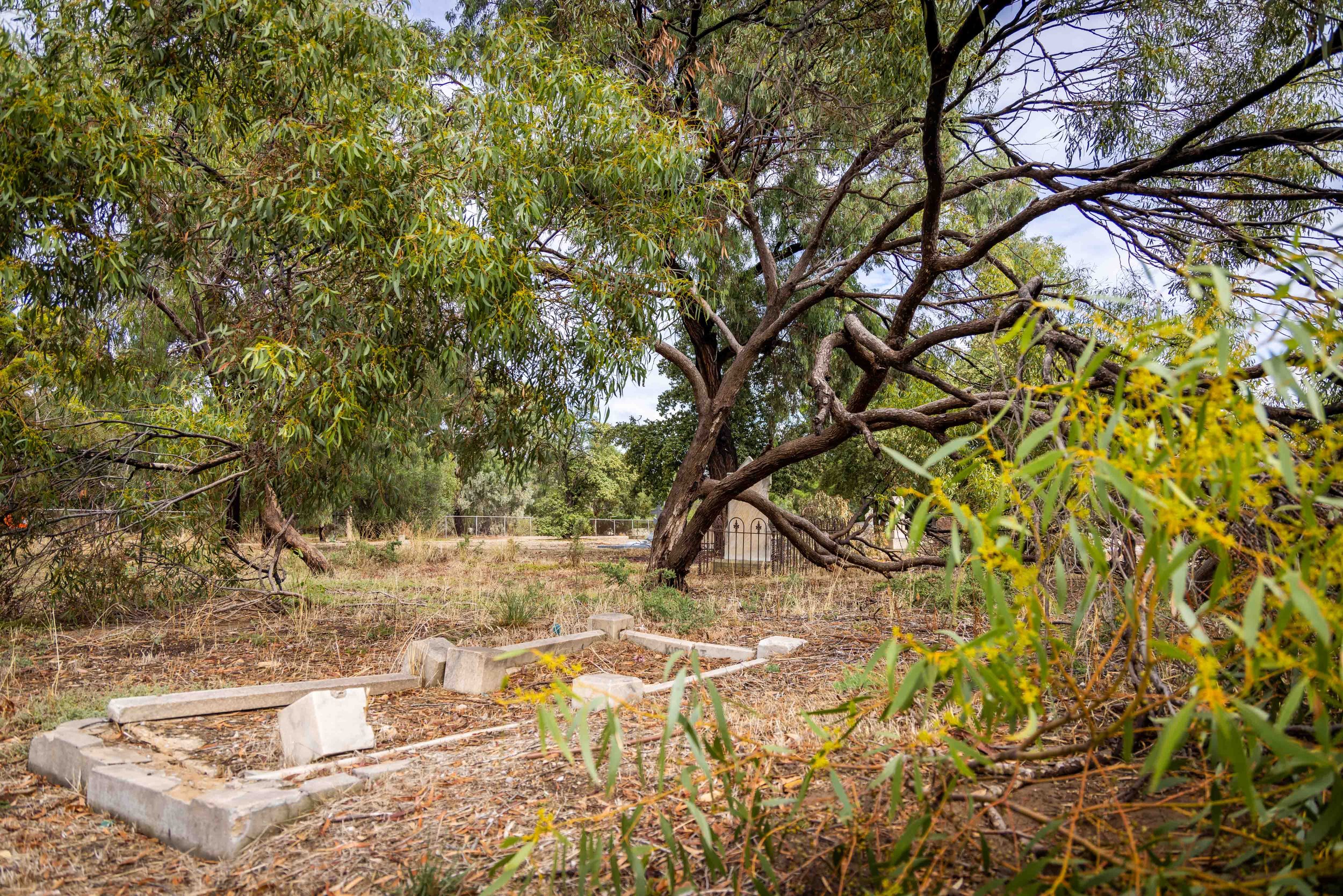by Carla Caruso
‘Re-wilded’ parts of your Adelaide Park Lands have never been more vital.
That’s according to SA rewilding facilitator Tiffany Schultz, behind Conscious Lifestyles.
And it’s why she was glad to see the State Government back down on its recent threat to sacrifice bushland in Golden Wattle Park / Mirnu Wirra (Park 21W) for a police compound.
“Allowing ecosystems to flourish wherever we can – and other parts of nature, other than humans and our structures – is crucial, and in a city, it couldn’t be more important,” Tiffany says.
Rewilding facilitator Tiffany Schultz behind Conscious Lifestyles.
“Otherwise, we become so urbanised. The more we are not given opportunities to even walk through a green space, when we’ve got to get from A to B, the more disconnected we become.
“It might be incidental [interactions with nature], but suddenly you notice the sky and you notice the clouds and you connect with the time of the day and the weather and where the sun is.
“You get back more into your healthy, ancestral knowing about everything that’s going on around you.”
The concept of ‘rewilding’ has been a bit of a buzz term of late. One of the participants on the popular SBS reality show, Alone Australia, was also a rewilding facilitator – NSW’s Gina Chick. (In the program, 10 outdoor survivalists were dropped into Tasmania’s remote wilderness to survive alone over winter.)
The cast of SBS reality show Alone Australia.
So, what exactly does being a rewilding facilitator entail?
Tiffany says it’s her job “to facilitate spaces for people to remember their inherent belonging to nature” through activities like mushroom foraging excursions and plant ID walks.
“The word, rewilding, was probably first used in the context of landscapes, allowing them to restore themselves to functional, wild ecosystems, without an enormous amount of intervention,” she says.
“But this context is about the rewilding of the human, and really, they are connected … Unless you have a really good sense of stewardship and ethics, landscapes are not going to maintain health and biodiversity or they’re at the risk of being concreted over or polluted or degraded. So, rewilding of humans almost comes first.”
Beyond her workshops, Tiffany says there are many simple ways for people to get back in touch with the rhythms of nature.
“Preferably rising around sunrise and watching the sunset each day is a really good start. Even if you don’t rise at sunrise, as soon as you rise, go outside, and walk barefoot on the earth for at least 10 minutes – even in winter.
“Staring at the morning sun to get that sunlight into your eyes … you’re triggering that melatonin that helps you sleep better at night.”
Another simple rewilding practice is undertaking a ‘sit spot’ – sitting alone in a favourite place in nature for up to an hour, just observing the local flora and fauna.
“The sit spot is similar to the traditional Indigenous practice of Dadirri, or deep listening and relating to country. I do this regularly in the Park Lands,” Tiffany says.
Recently, she did a sit spot at G.S. Kingston Park / Wirrarninthi (Park 23) – home to wetlands and an interpretative trail.
Mallee box trees within G.S. Kingston Park / Wirrarninthi (Park 23). Photo: James Elsby.
After such a practice, she might journal or write poetry or update a bush calendar with her observations.
“You might notice something flowering or something fruiting, or you might notice which birds come by, and it just gives you this greater sense of belonging to place.
“You don’t treat a place well that you don’t feel like you belong to. So, we need to claim that belonging and this simple practice of a sit spot is one way to do that.”
For those who aren’t as good at sitting still, you could instead do it as a ‘nature wander’ – “wandering according to where your body wants to go; following your body’s curiosity, not your head’s curiosity.”
“Then there’s the practice of ‘fox walking’ – or you could also call it ‘dingo walking’ or even ‘emu walking’,” Tiffany says.
“It’s having you walk through the environment in a way where you cause minimal disturbance.
“Generally, your weight is back, kind of over your tailbone, your feet are light, you’re walking with a low gait. Imagine you are tracking an animal – it’s that sort of style of moving slowly through the landscape.
“It’s the opposite of the busy city person’s walk, with their head down, the headphones on, going from A to B.”
Flora in Golden Wattle Park / Mirnu Wirra (Park 21W) care of Adelaide Writer.
Tiffany has a background in ecology, natural resource management, and permaculture, which led to her current work.
As she says: “We’ve made life very complicated as humans and we’ve become obsessed with gadgets and big houses and things.
“But they don’t necessarily make us happy. Things like going for a bushwalk and swimming in the ocean make us happy.
“Things like camping with just a tent and sitting around a fire, that’s what makes us feel good – that’s what puts us back in our bodies.”
Main photo: Adelaide Writer.







